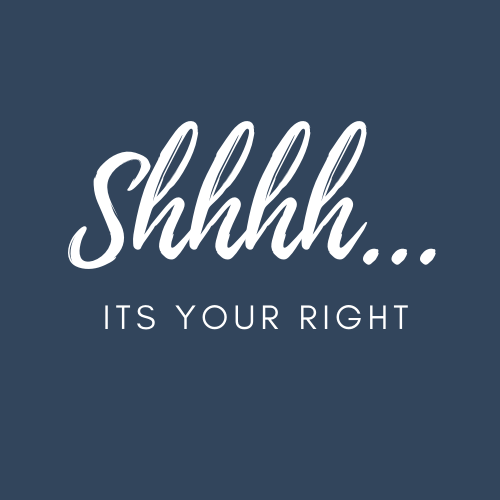The Blog


The Right to Silence
| |


Wills, Power of Attorneys, Representation Agreements, and Personal Declarations
| |


Electronic Devices and Driving
| |
Traffic Court - Appear by Phone
Did you know that counsel can appear for disputants by telephone to defend their ticket? Section 15.2 of the Offence Act has long had a specific section allowing Judicial Justices to adopt procedures that are "conducive to justly and expeditiously determining the matter". This original section arguably gave Judicial Justices the right to approve phone appearances by defendants for some time, and was utilized to allow officer's to testify by phone (as well as prosecute). Recently, the legislature passed a new piece of legislation (section 15.2(3) OA), allowing a defendant to defend themselves by telephone. And, via section 57(2) counsel may appear for the driver. This section, in our opinion is permissive. It is an option of the disputant (.. "the disputant... may appear). This section allows disputants to appear to defend their cases where previously it may have been impractical or practically impossible to do so. This makes sense in a mobile world, and in a world where the legislature and the courts have an obligation to facilitate reasonable access to the justice system. As a result it is our opinion all but the most complex matters should be permitted to appear by phone, (or where a phone appearance is simply not possible).
As a result, it is our opinion that the law supports that in all circumstances where counsel is appearing for a disputant, an initial phone appearance should be allowed, to potentially resolve the matter or if a trial is proceeding for the hearing judicial justice, after hearing from both sides (crown and defence) can decide if it is appropriate for a trial in this format. In most cases we respectfully submit, it should be (where counsel is appearing). This is because any defence (most tickets are resolved without hearing), would be by cross-examinations and submissions only (via counsel), relatively easily done by telephone. In this case, there would be no defendant testimony, no exhibits to submit, no translation issues, from the defence side. Accordingly a telephone appearance by counsel is viable, practical, meets the aims of the legislature set out in 15.2(1) and 15.2(3), and meets a fundamental purpose of the court: to provide access to justice.
The pandemic transformed the way people think about accessing services, and the court system has transformed as a result, for the better in all levels allowing remote access. This has given people a practical way to dispute their ticket and access justice. It also, from a broader, and hopefully the court's perspective, is another tool to mitigate the potential for (wrongful) convictions that result automatically when a disputant does not attend (even if the Crown were not present to provide evidence).
In summary, phone appearances are available and most JJ's approve at least a first appearance (not all, but I remain hopeful that is evolving). Given the fundamentals of the court and purpose of the legislation, I am hopeful telephone appearances will continue to be approved generally for counsel to give disputant's a practical opportunity in court. The Judicial Justices have some discretion to deny phone appearances, but in my opinion this should not be done lightly, and should be done only rarely. I look forward to reviewing developments in the Supreme Court on this matter, which I expect will give more certainty to the lower courts and provide more consistency in how and when discretion should be used by the Judicial Justices in requiring disputants to appear in person (per s.15.2(1) OA).
